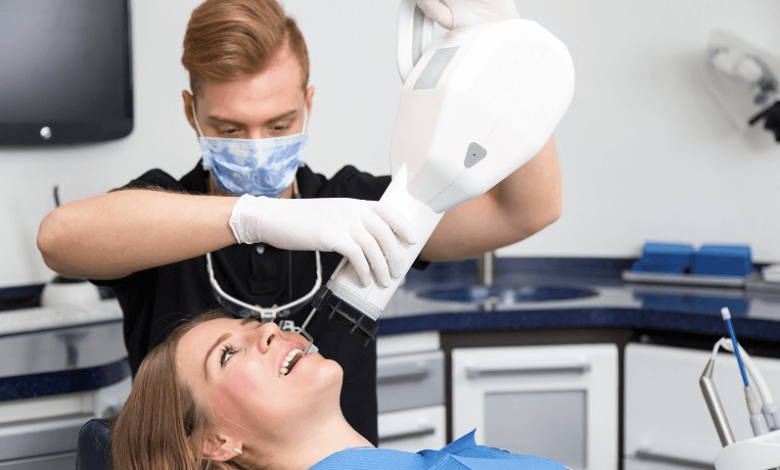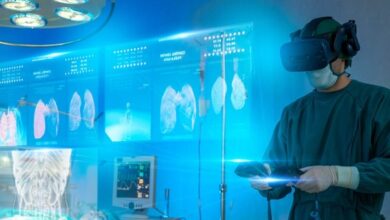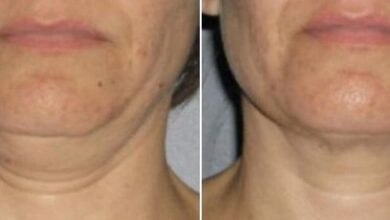The Path to X ray Certification Dental Practice

In the ever-evolving landscape of dentistry, staying competitive is paramount. One crucial aspect of dental practice is the utilization of rays for diagnostic and treatment purposes. Dental professionals must attain ray certification to ensure safe and proficient use of equipment. Intricacies of certification for dental practitioners. From understanding the importance of certification to the steps involved in the x ray certification dental process, we will equip you with the knowledge needed to take your dental practice to the next level.
Understanding the Significance of X ray Certification dental
What is Certification?
Certification is a formal recognition granted to dental professionals who have completed training programs that cover the safe and effective use of X-ray equipment. This certification is crucial for several reasons:
- Patient Safety: X-rays emit ionizing radiation, which can be harmful if misused. Certification ensures dental professionals can use X-ray equipment safely, minimizing patient risks.
- Diagnostic Accuracy: Proper techniques are essential for accurate diagnoses. Certification ensures practitioners can capture high-quality images, aiding in precise treatment planning.
- Regulatory Compliance: Many states and countries have regulations that mandate certification for dental practitioners.
- Professional Competence: Certification demonstrates a commitment to professional development and competence, enhancing the reputation of dental practices.
Who Needs Certification?
X-ray certification is typically required for:
- Dentists
- Dental hygienists
- Dental assistants
Now that we understand why certification is essential let’s explore the steps to becoming a certified X-ray professional.
The Path to Certification
Step 1: Education and Training
The journey to certification begins with education and training. Dental professionals must enroll in accredited programs that cover X-ray safety, techniques, and radiation protection. These programs are designed to ensure practitioners have a solid understanding of X-ray principles.
Step 2: Clinical Experience
After completing the educational component, dental professionals must gain clinical experience in taking X-rays. This hands-on training is critical for mastering the practical aspects of X-ray imaging.
Step 3: Certification Exam
Candidates must pass a certification exam once the educational and clinical requirements are met. This exam evaluates their knowledge of ray principles and their ability to take high-quality X-ray images.
Step 4: State Licensing
In addition to national certification, many states require dental professionals to obtain state-specific licenses to operate X-ray equipment. This ensures compliance with local regulations.
Benefits of Certification dental
X-ray certification offers numerous benefits to dental practitioners:
- Enhanced Patient Care: Certified professionals can provide more accurate diagnoses, leading to improved patient care.
- Legal Compliance: Certification ensures that practitioners adhere.
- Professional Growth: Certified individuals have greater opportunities for career advancement and increased earning potential. Read more….
Conclusion
In the world of modern dentistry, X ray certification dental is not just a requirement; it’s a crucial step towards ensuring patient safety, accurate diagnoses, and professional growth. Following the outlined steps and obtaining certification, dental professionals can elevate their practice to new heights.
Frequently Asked Questions
1. Is X-ray certification mandatory for all dental professionals?
X-ray certification is typically required for dentists, dental hygienists, and dental assistants, but requirements may vary by location. It’s essential to check your local regulations.
2. How long does it take to become ray certified?
The time required varies depending on your educational program and clinical experience. On average, becoming certified can take several months to a year.
3. Are there continuing education requirements for certification?
Yes, many certifications require periodic renewal, often involving completing continuing education courses to stay updated on best practices.
4. Can I practice X-ray procedures without certification?
In many regions, practicing X-ray procedures without certification is illegal. Obtaining the necessary certification is essential to ensure compliance with local regulations.
5. Where can I find accredited certification programs?
You can find accredited programs at dental schools, colleges, and universities. Additionally, many online courses offer ray certification programs for dental professionals.




